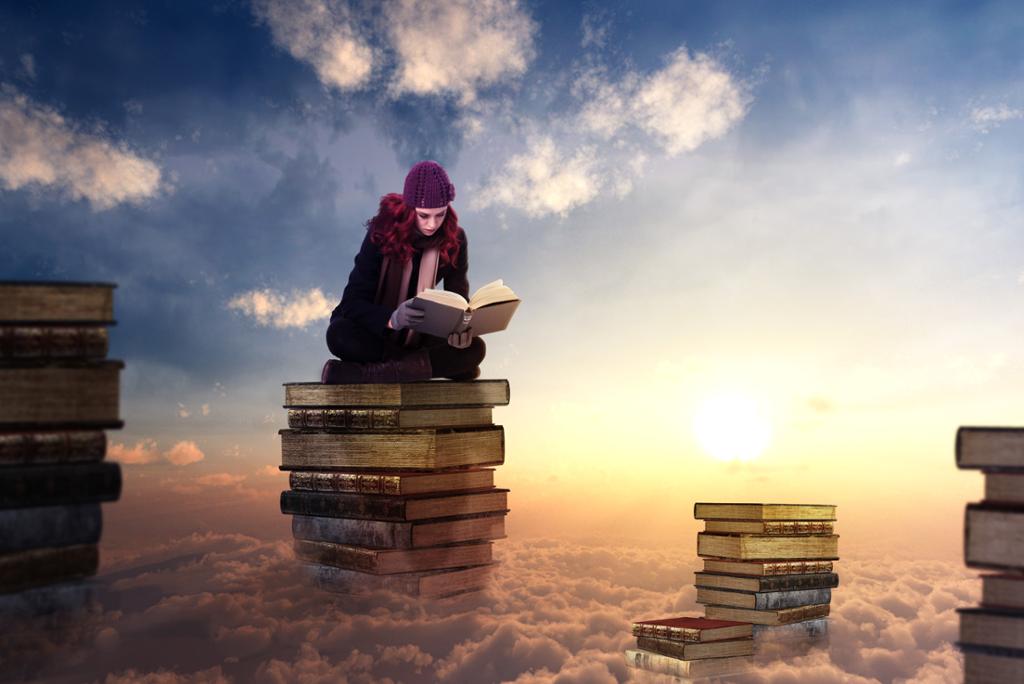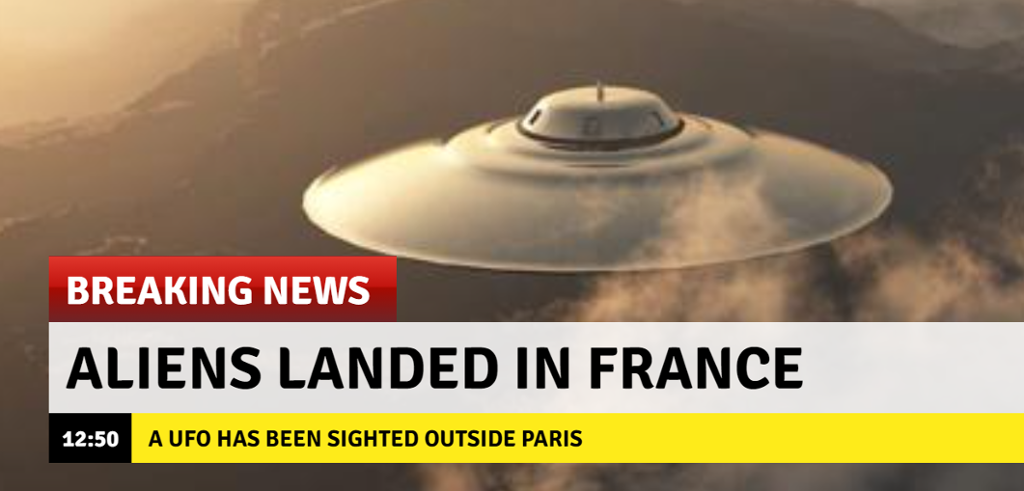Fiction Genres

The romance genre has a simple goal: to tell a love story where two people overcome adversity to live happily ever after. Interest is created in the variety of obstacles: What prevents these two people from starting a life together? Is it their own stubbornness or pride, as we see in Pride and Prejudice by Jane Austen? Is it the mad wife living in the attic, as portrayed in Charlotte Brontë's Jane Eyre? Or is it the fact that the object of affection and his family are vampires, as in Stephenie Meyer's Twilight? The possibilities are endless. The trick is to get the audience to care about what happens to the couple and the challenges they must overcome.
The crime genre has a number of subgenres, such as detective story, murder mystery, mystery novel, and police novel. At their core, these works tell the story of a crime. In the classic whodunit, the reader is invited to solve a murder puzzle together with the story's detective. Other crime works focus on social realism and want to educate the reader about how circumstances such as upbringing or poverty may contribute to a person's criminal path.
Edgar Allan Poe's short story 'The Murders in the Rue Morgue' is considered to be the first detective story. Sir Arthur Conan Doyle's master detective Sherlock Holmes inspired countless others to write about similar heroes. Raymond Chandler's flawed anti-heroes also became immensely popular and have been copied countless times.
Magical or supernatural elements are a feature of fantasy literature. Some authors create whole worlds or universes where their stories are told, while others place fantastical elements in the real world. Laws of physics and facts of science do not have to be adhered to in fantasy fiction.
There is an endless number of popular works in the fantasy genre, for example, J.R. Tolkien's The Lord of the Rings trilogy, C.S. Lewis's Narnia books, Lewis Carroll's Alice's Adventures in Wonderland, or Terry Pratchett's Discworld series.
Science fiction tells stories of how real or imagined science influences society or individuals. A characteristic of the science fiction genre is that it tries to give a plausible scientific explanation for aspects of the imagined societies or worlds that are created. An author may, for example, explain how intergalactic space travel is achieved. It is not unusual, however, for science fiction stories to include elements of fantasy.
Science fiction literature often describes dystopian societies in worlds where scientific advancement has gone terribly wrong.
It is impossible to give an exhaustive list of popular science fiction. The Hitchhiker's Guide to the Galaxy by Douglas Adams, The Dune Chronicles by Frank Herbert, and Fahrenheit 451 by Ray Bradbury are just a few examples.

What is your favourite fiction genre? Explain why.
Choose one of the following tasks.
Study the works of an author who writes romance, fantasy, science fiction, or crime. Choose two works and write a text where you describe why the works belong to the specific genre. You may also discuss whether the work belongs to several genres.
Choose one of the genres (romance, fantasy, crime, science fiction) and write a text about the history of the genre.
In 'Related Content' at the bottom of the page you will find a text about the history of the Gothic literature which can be used as an example of this kind of text.
Write a short story that fits one of the genres (romance, crime, science fiction, or fantasy).